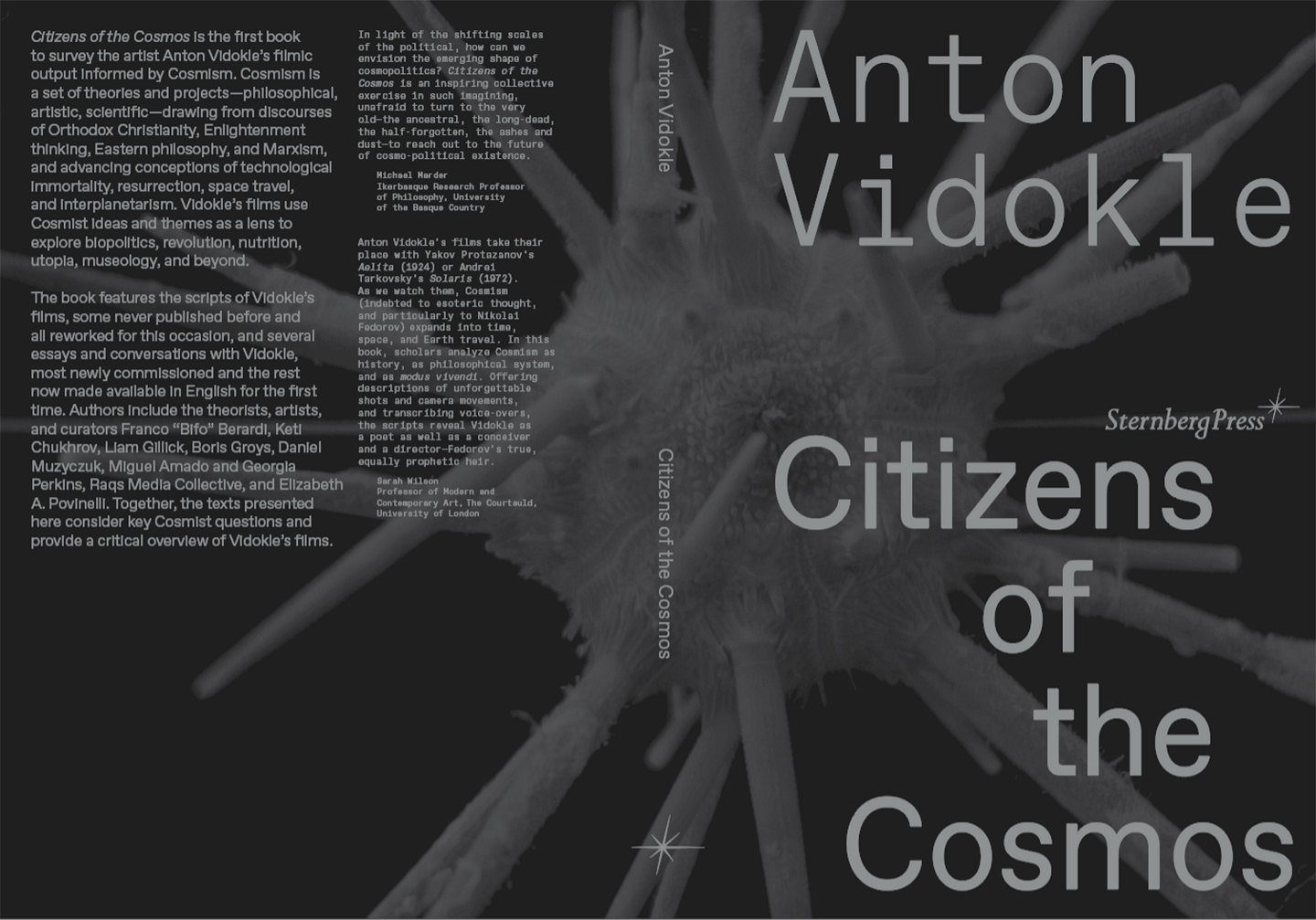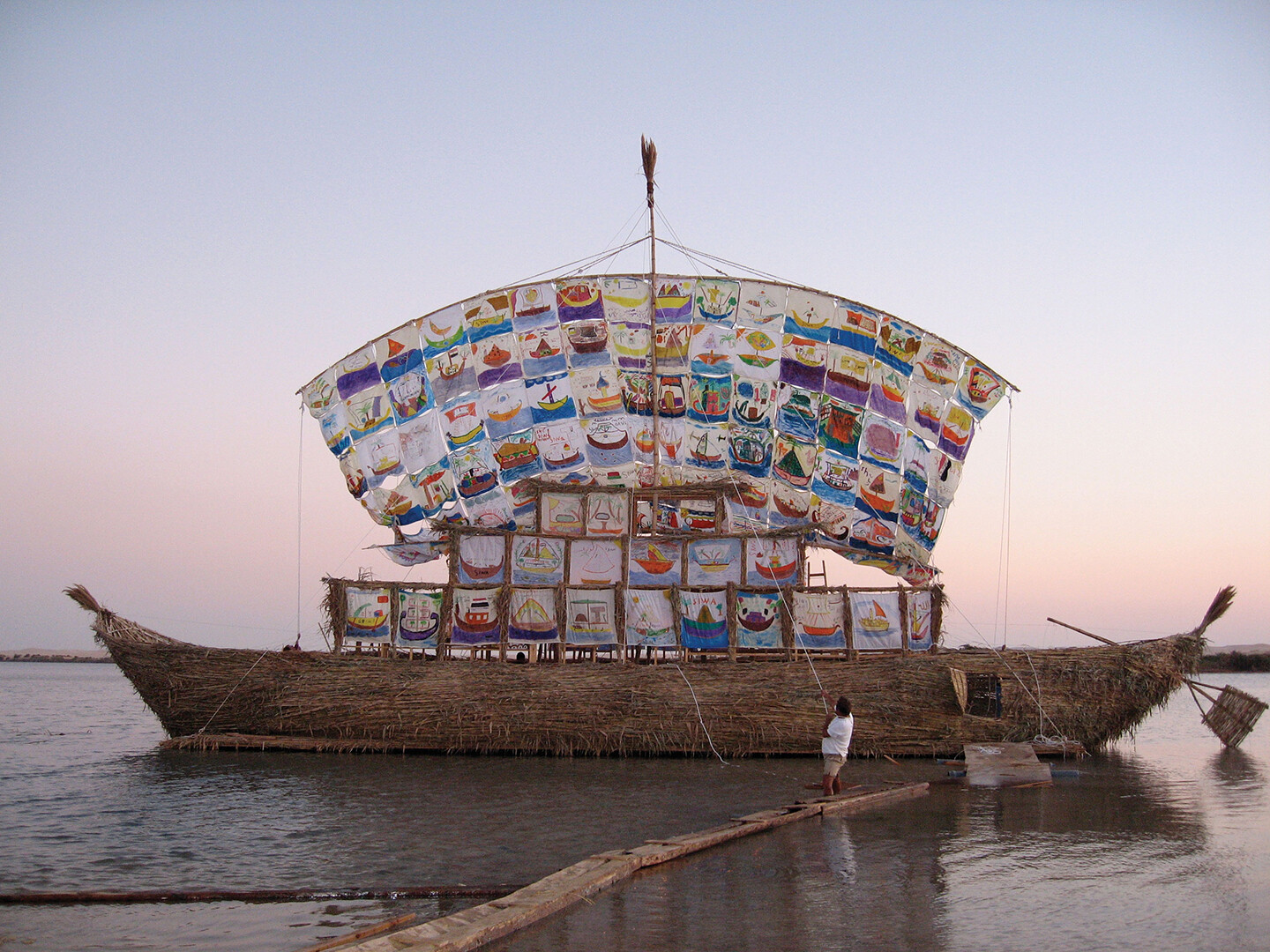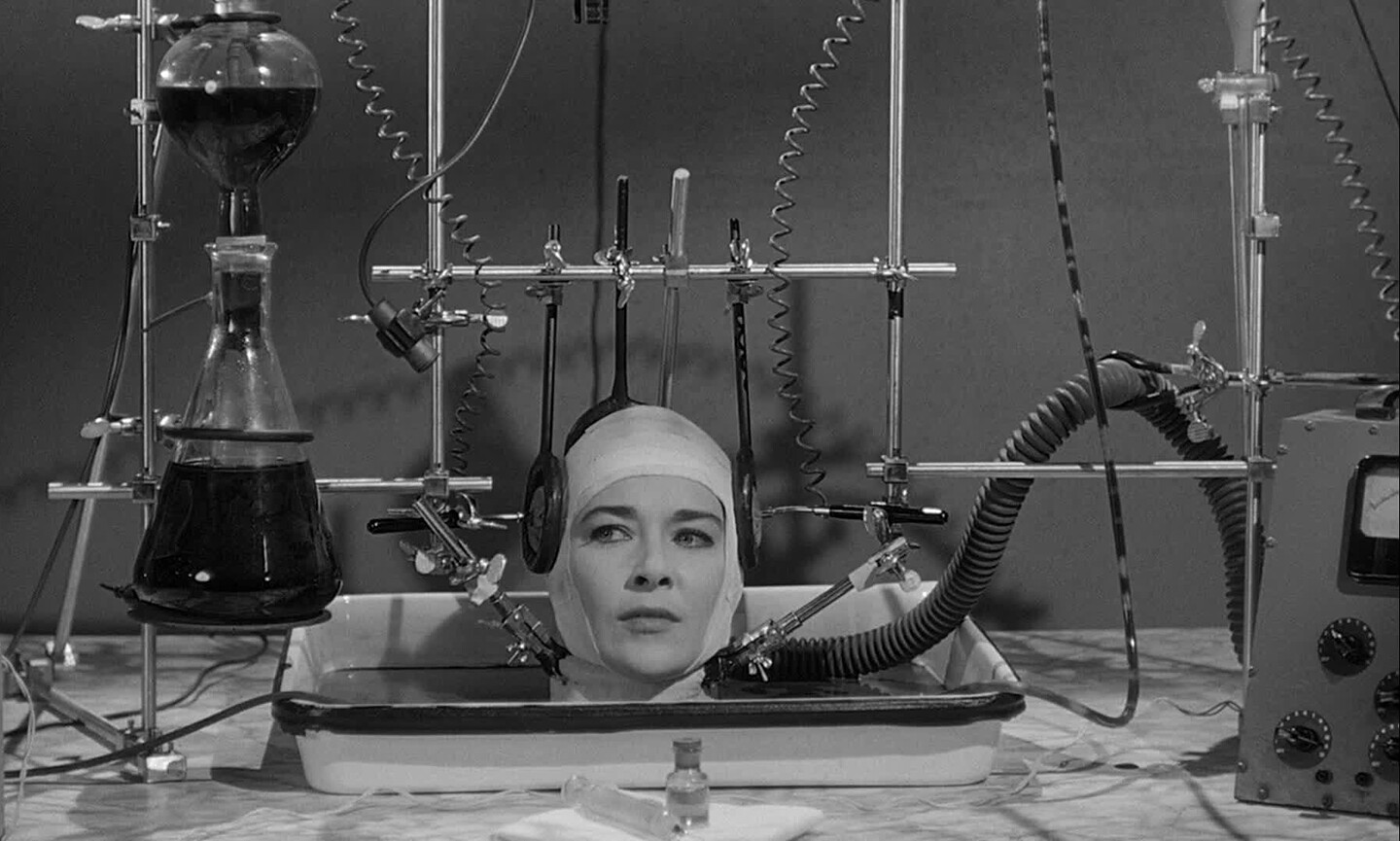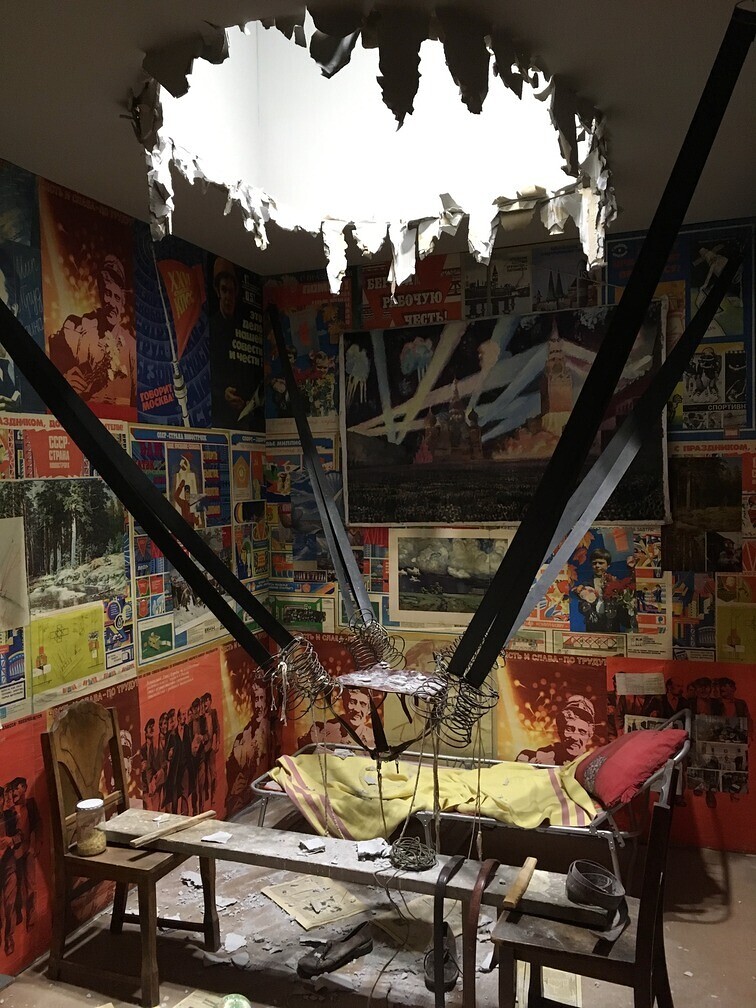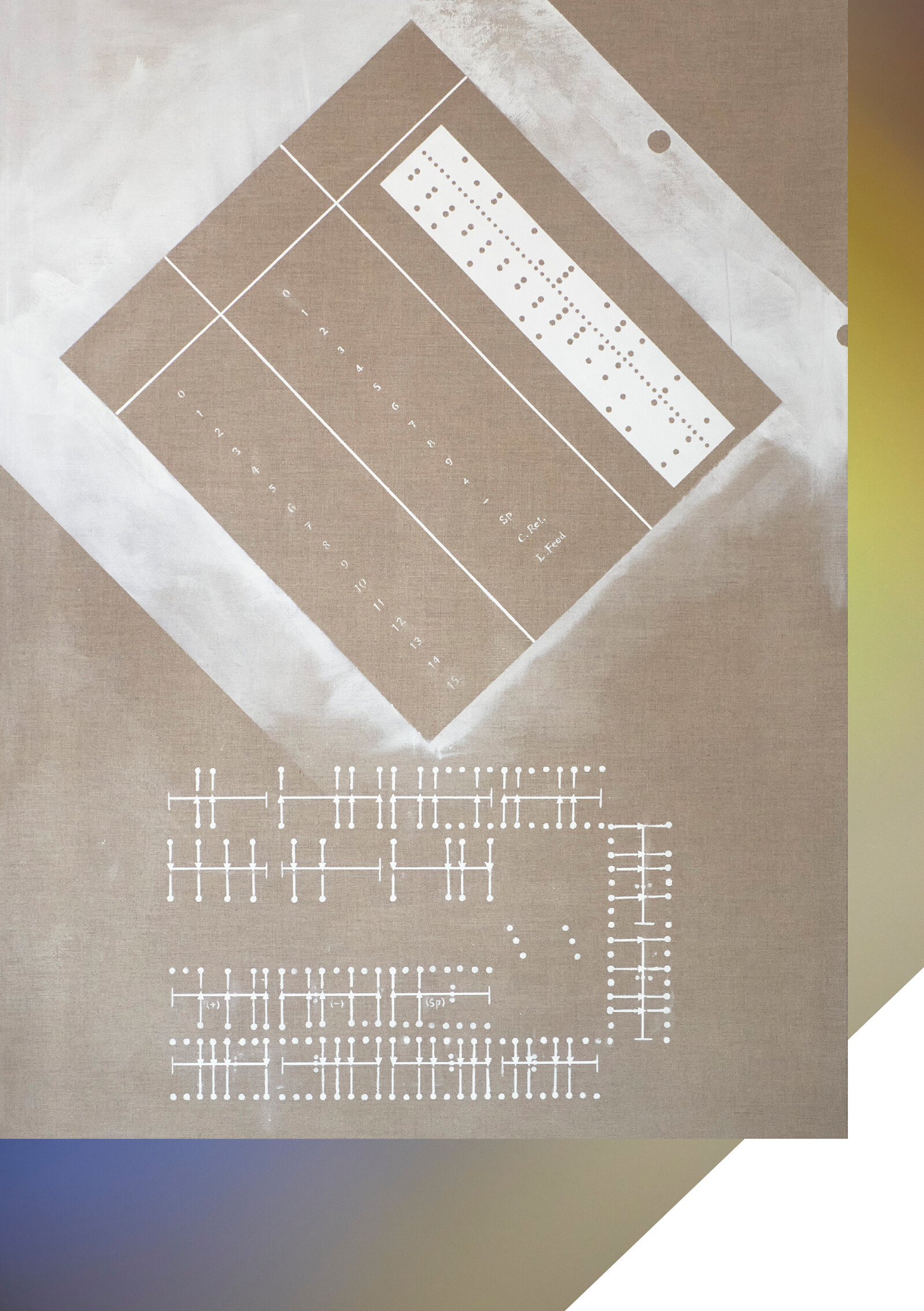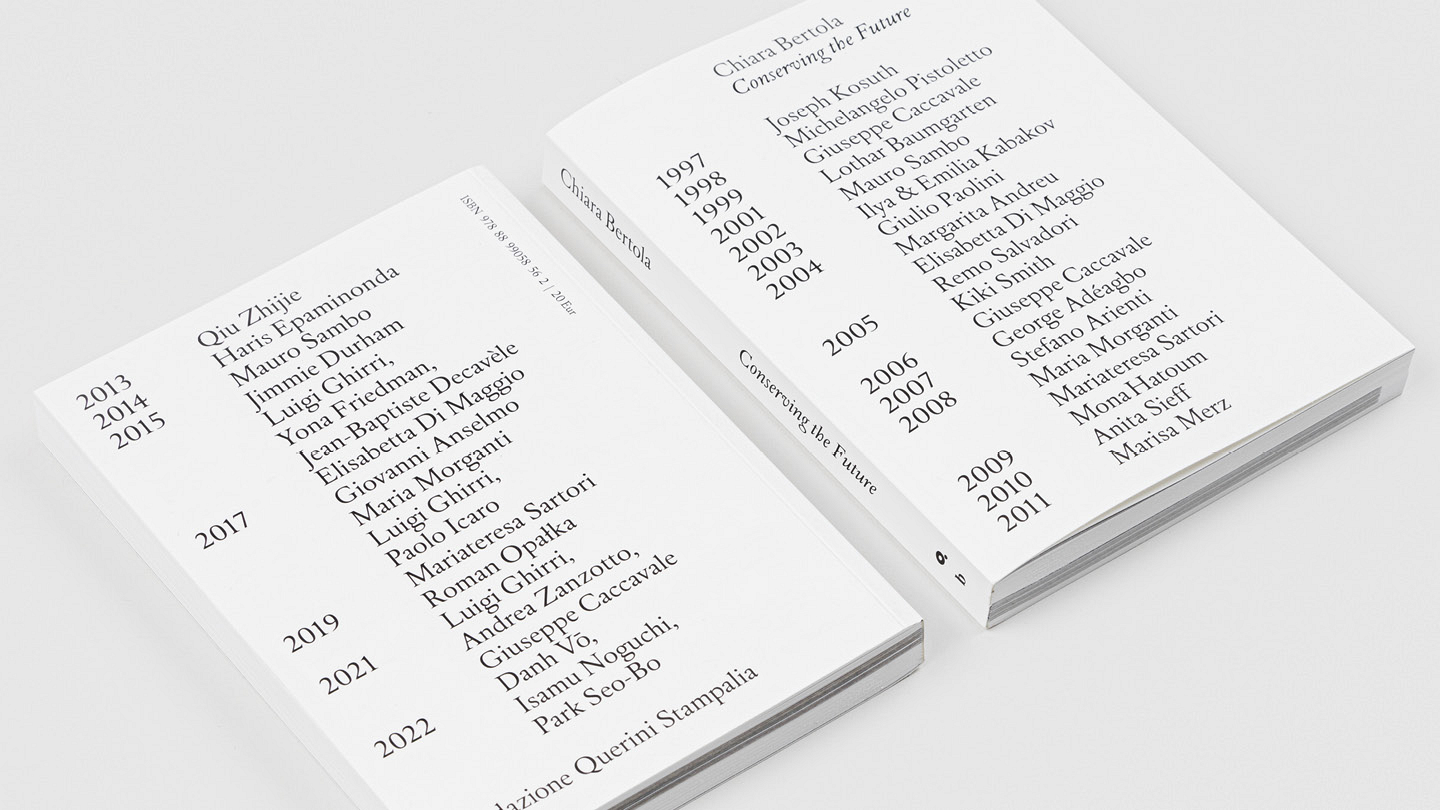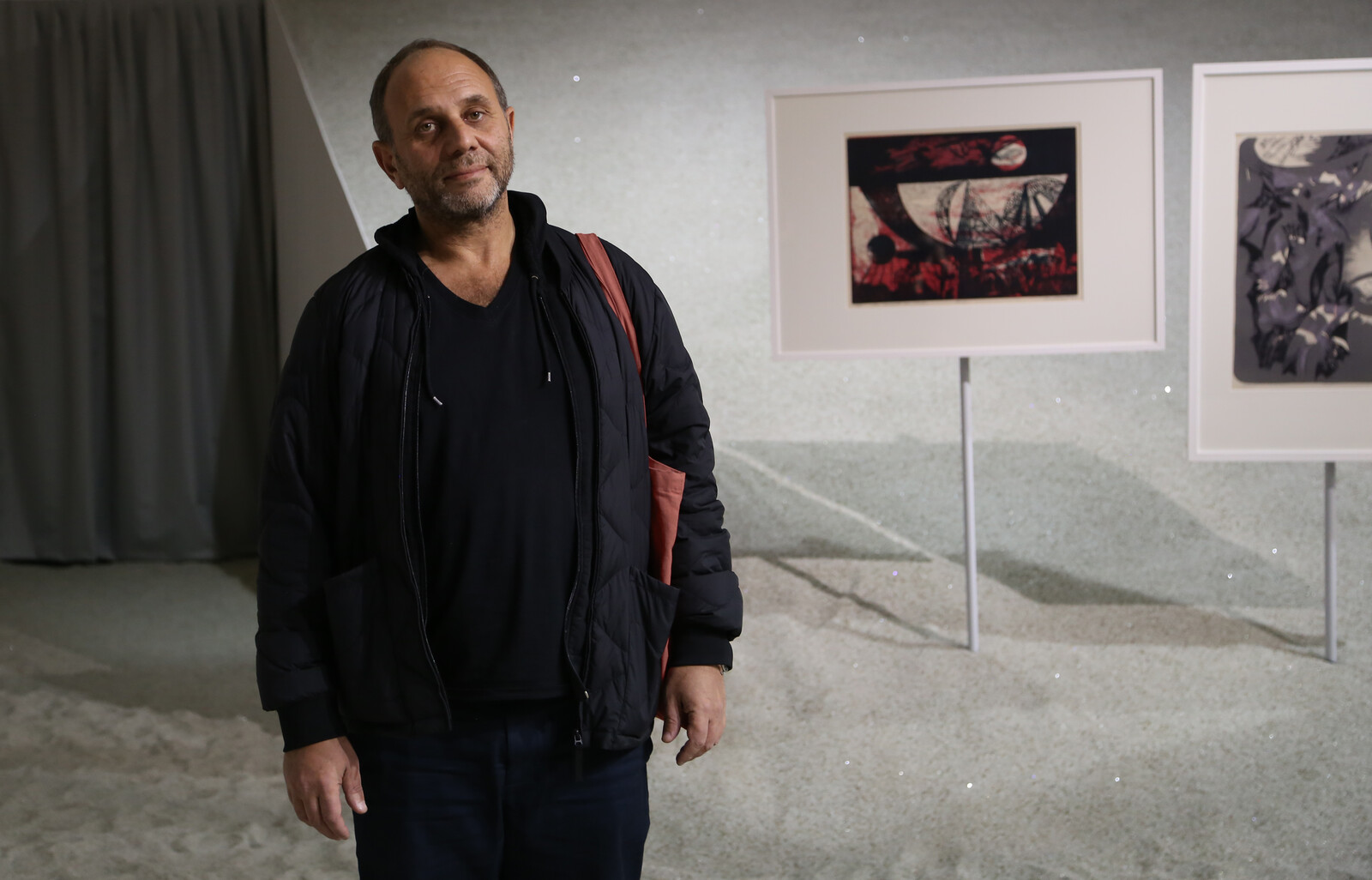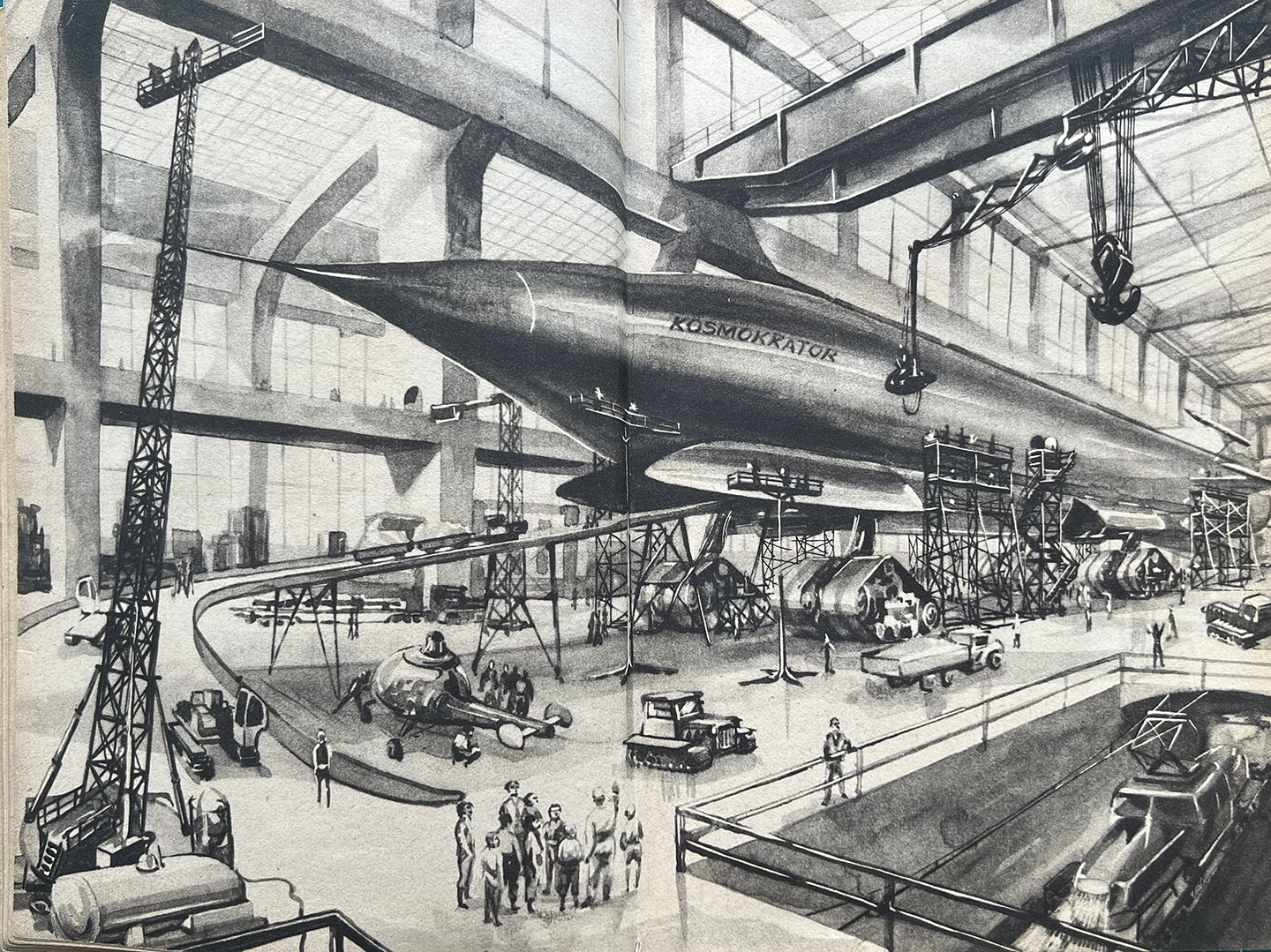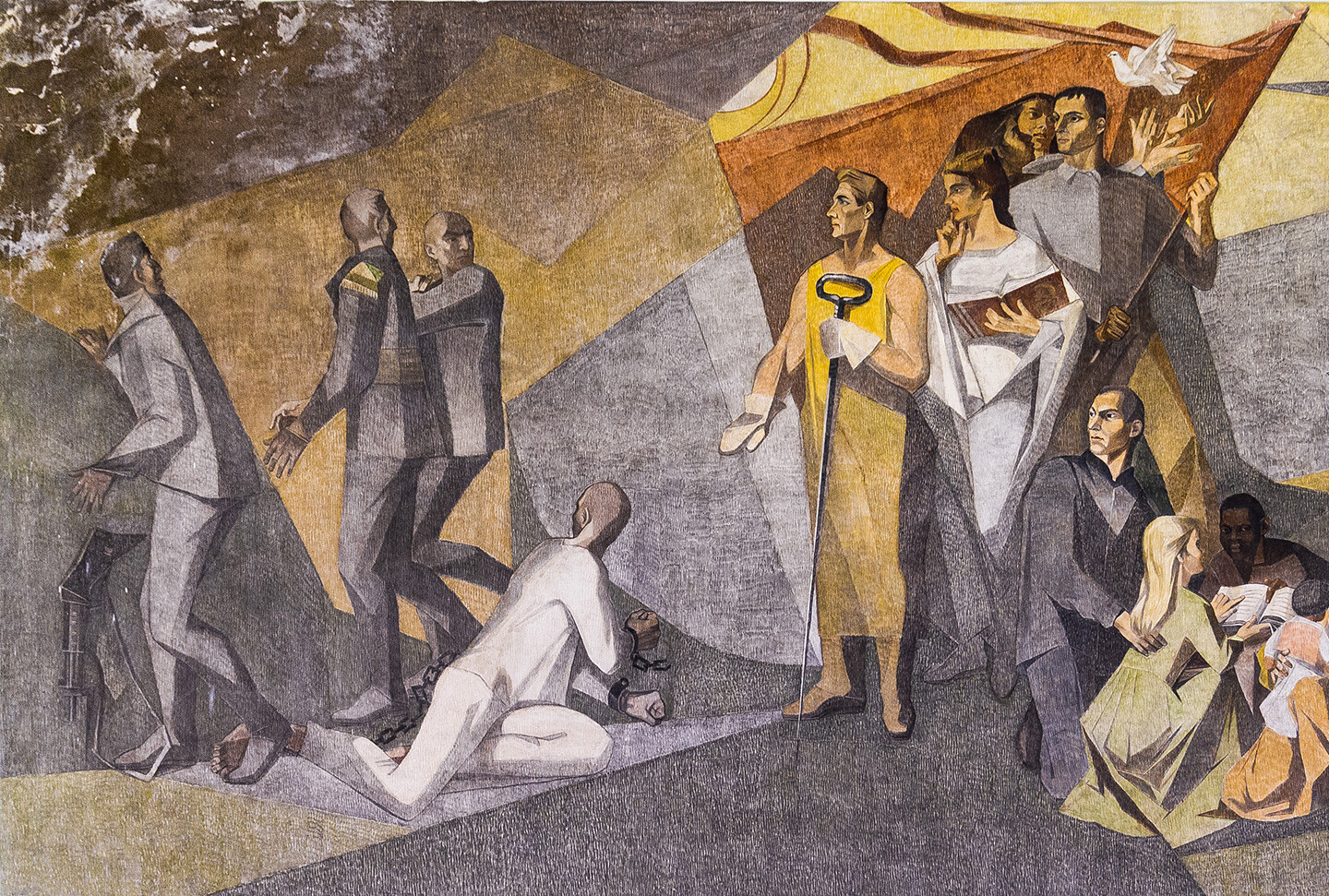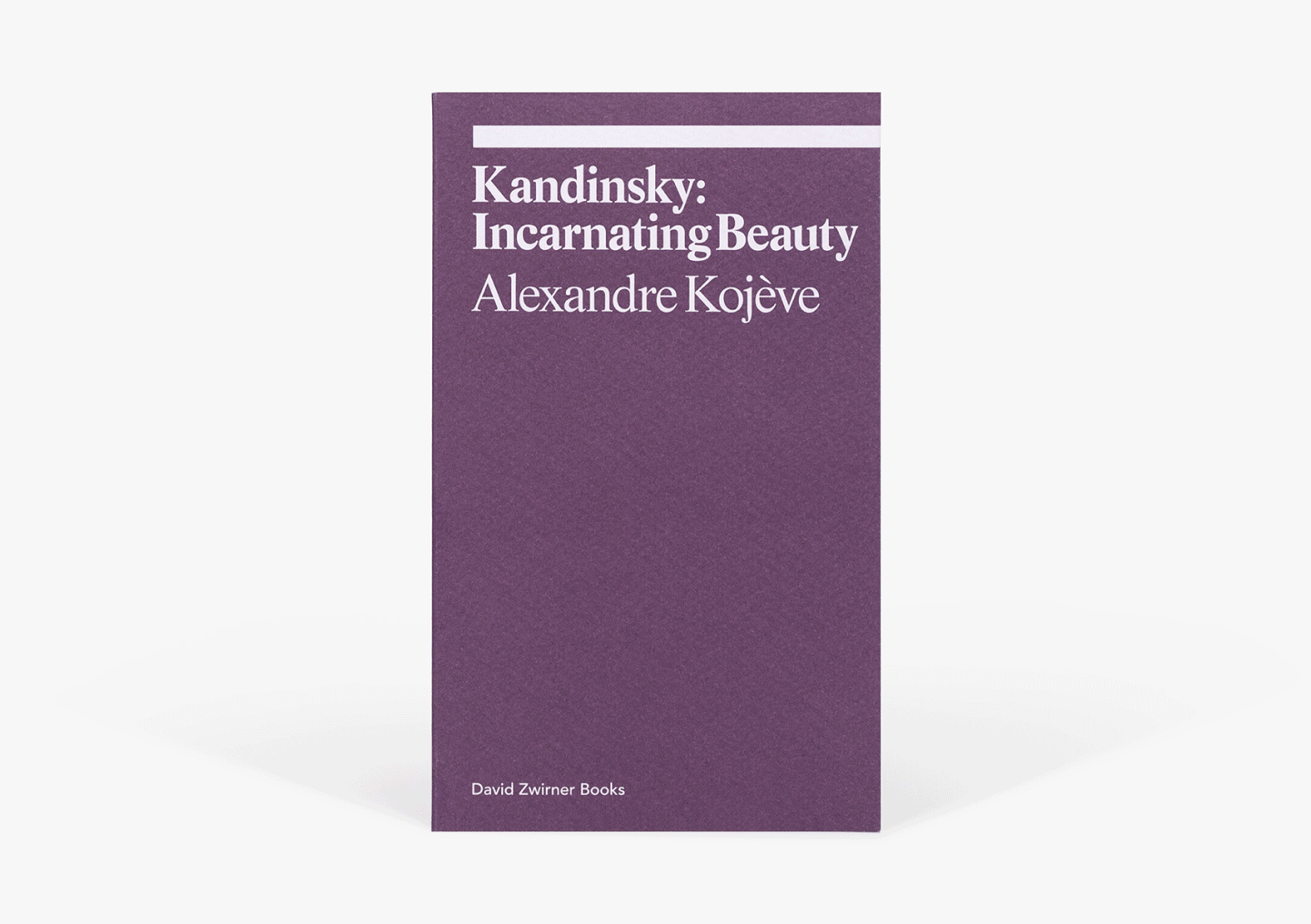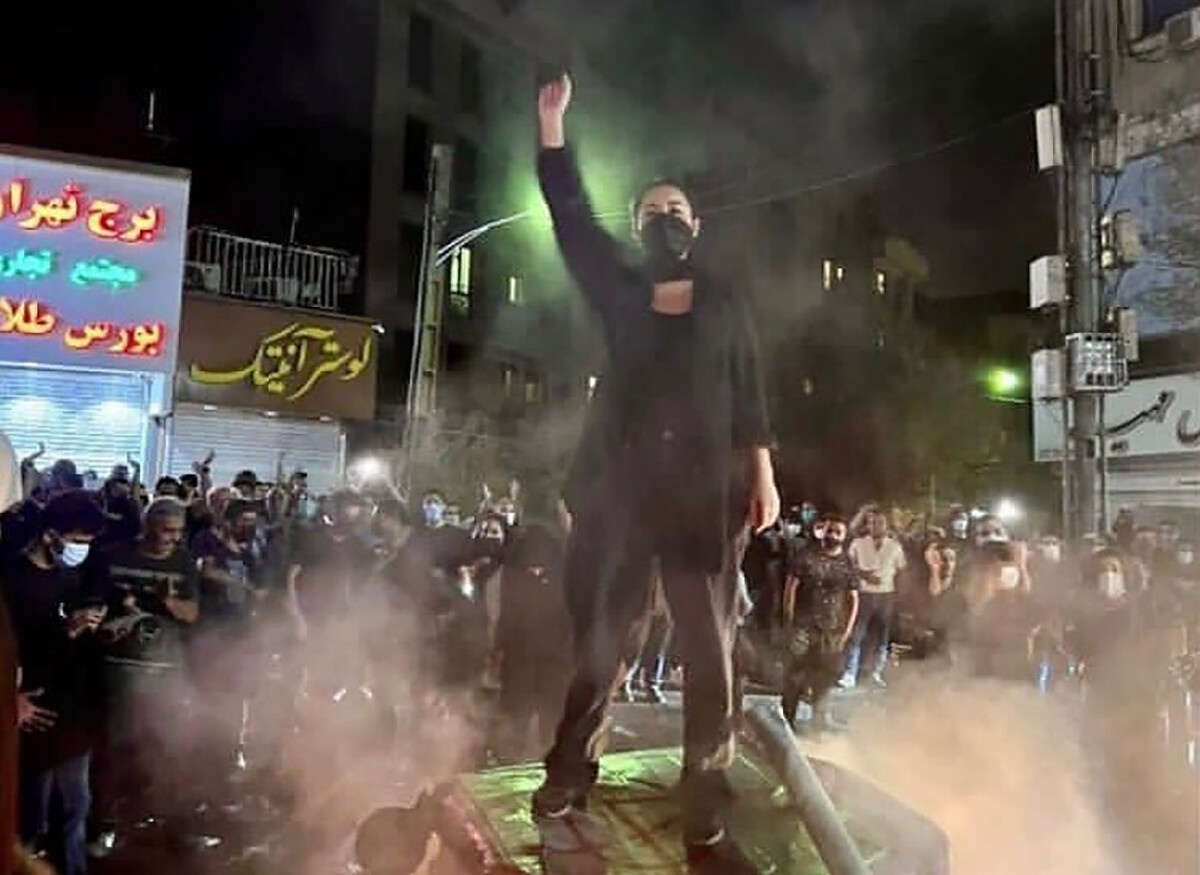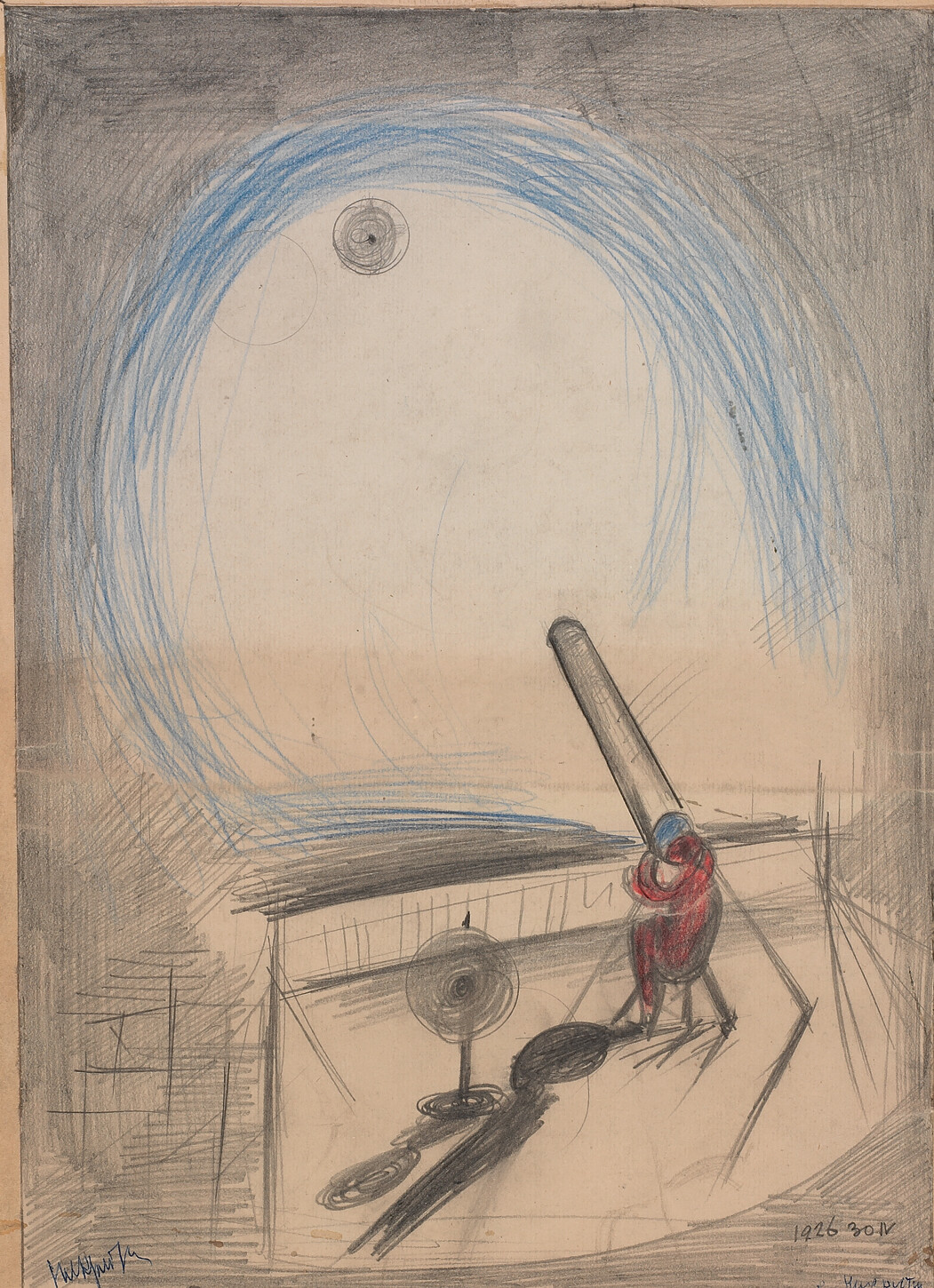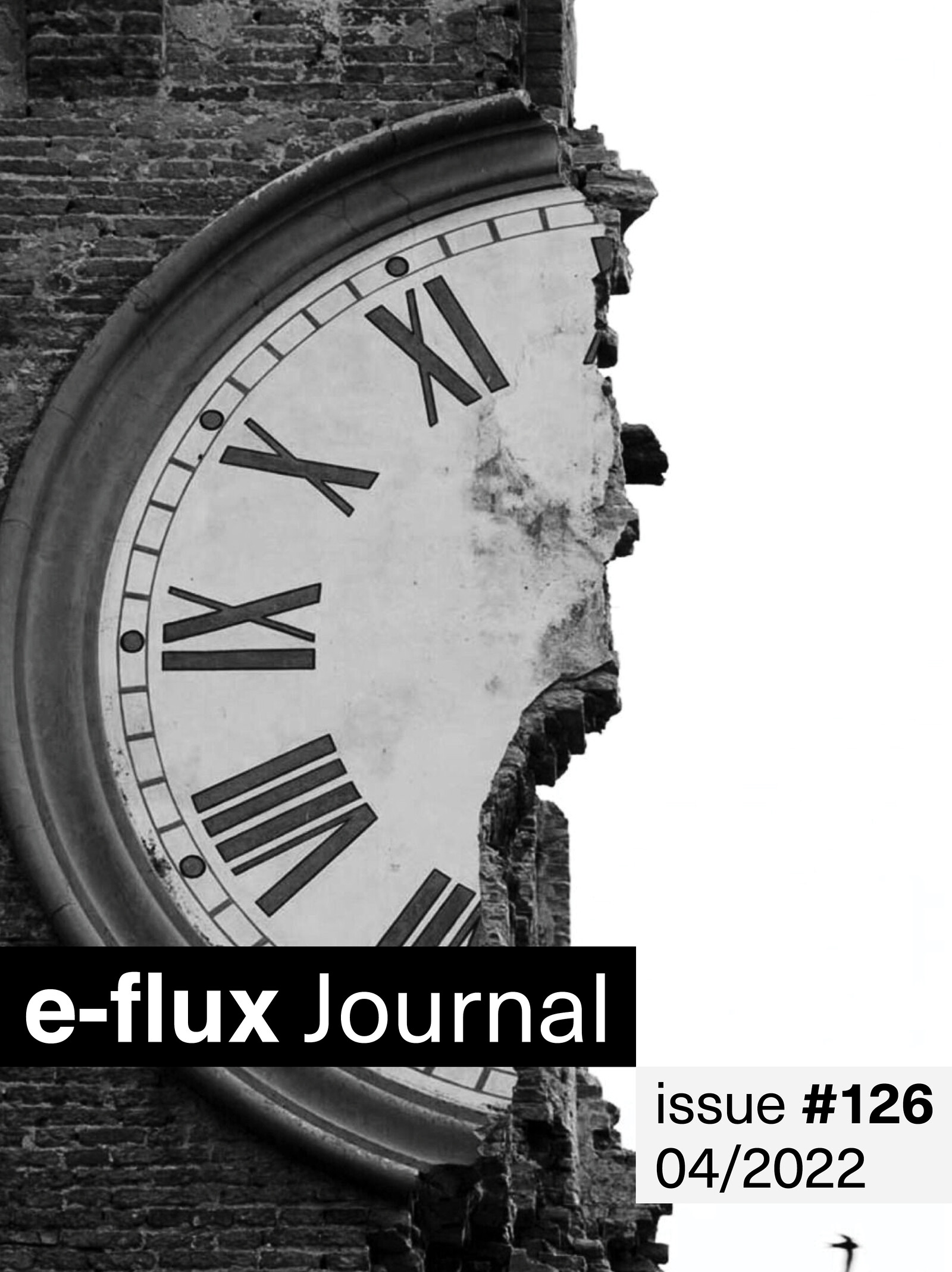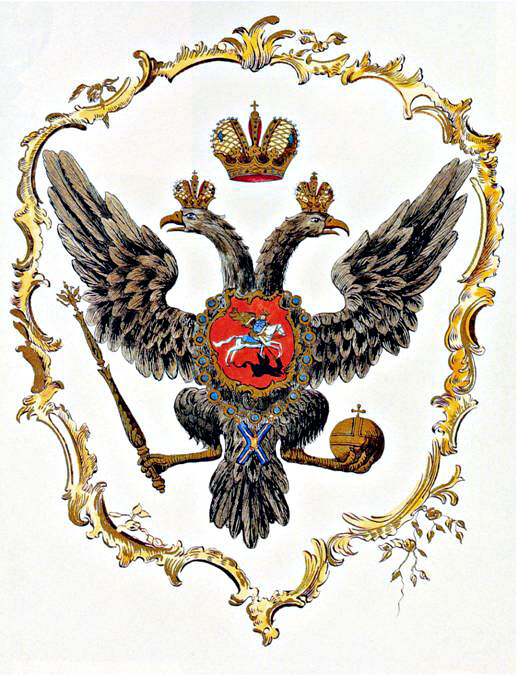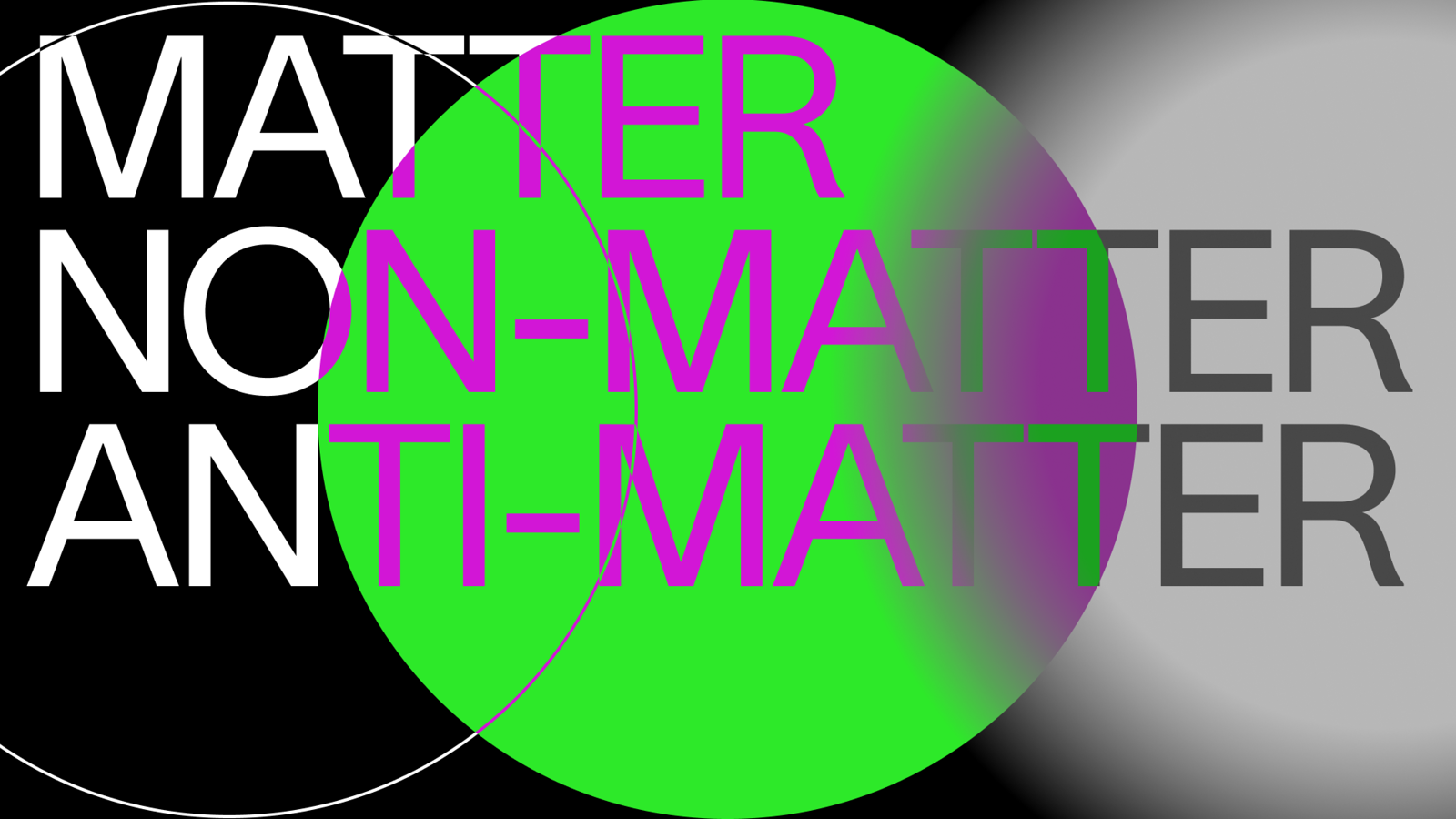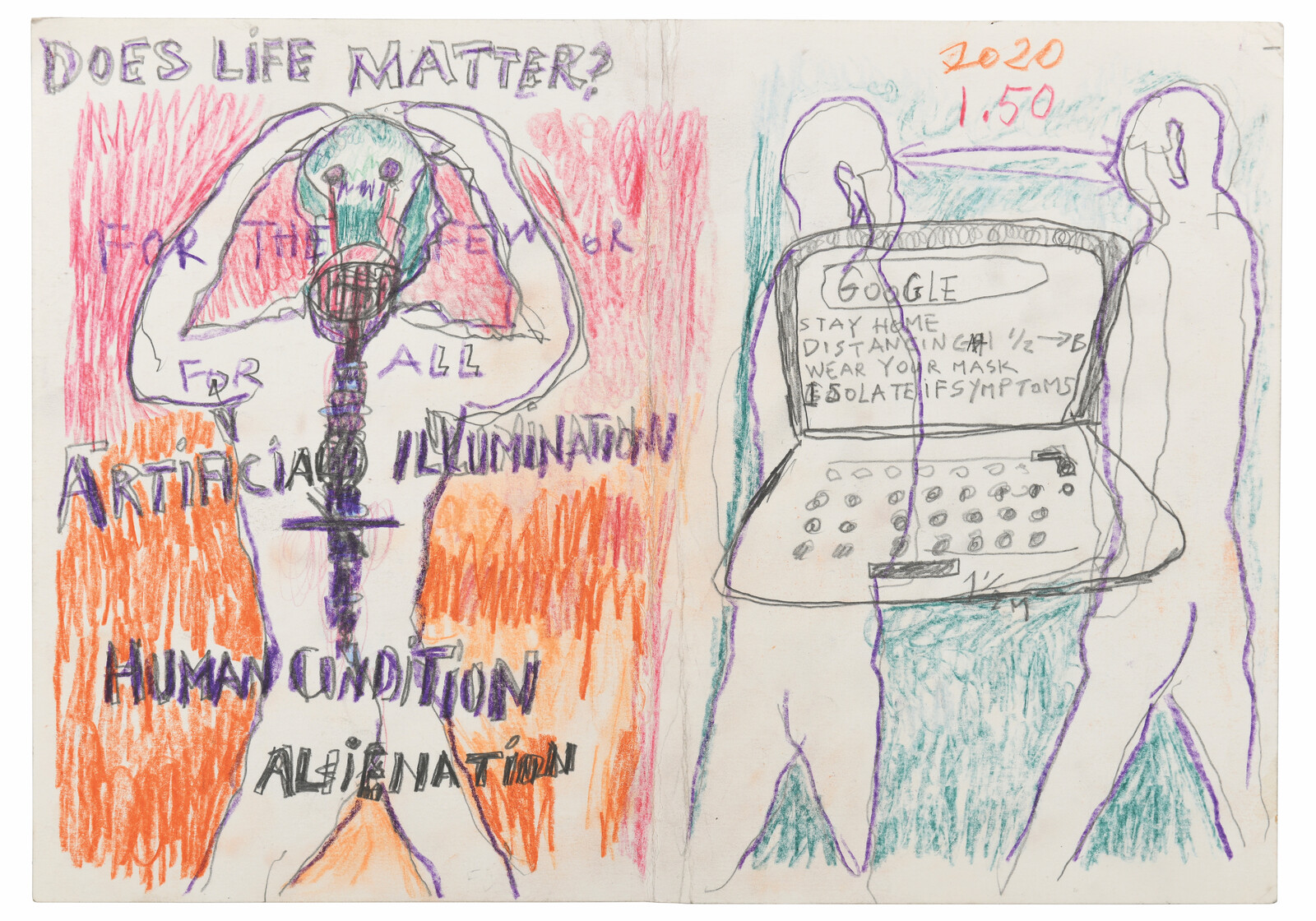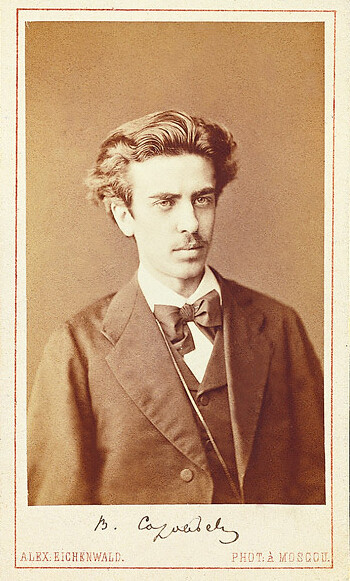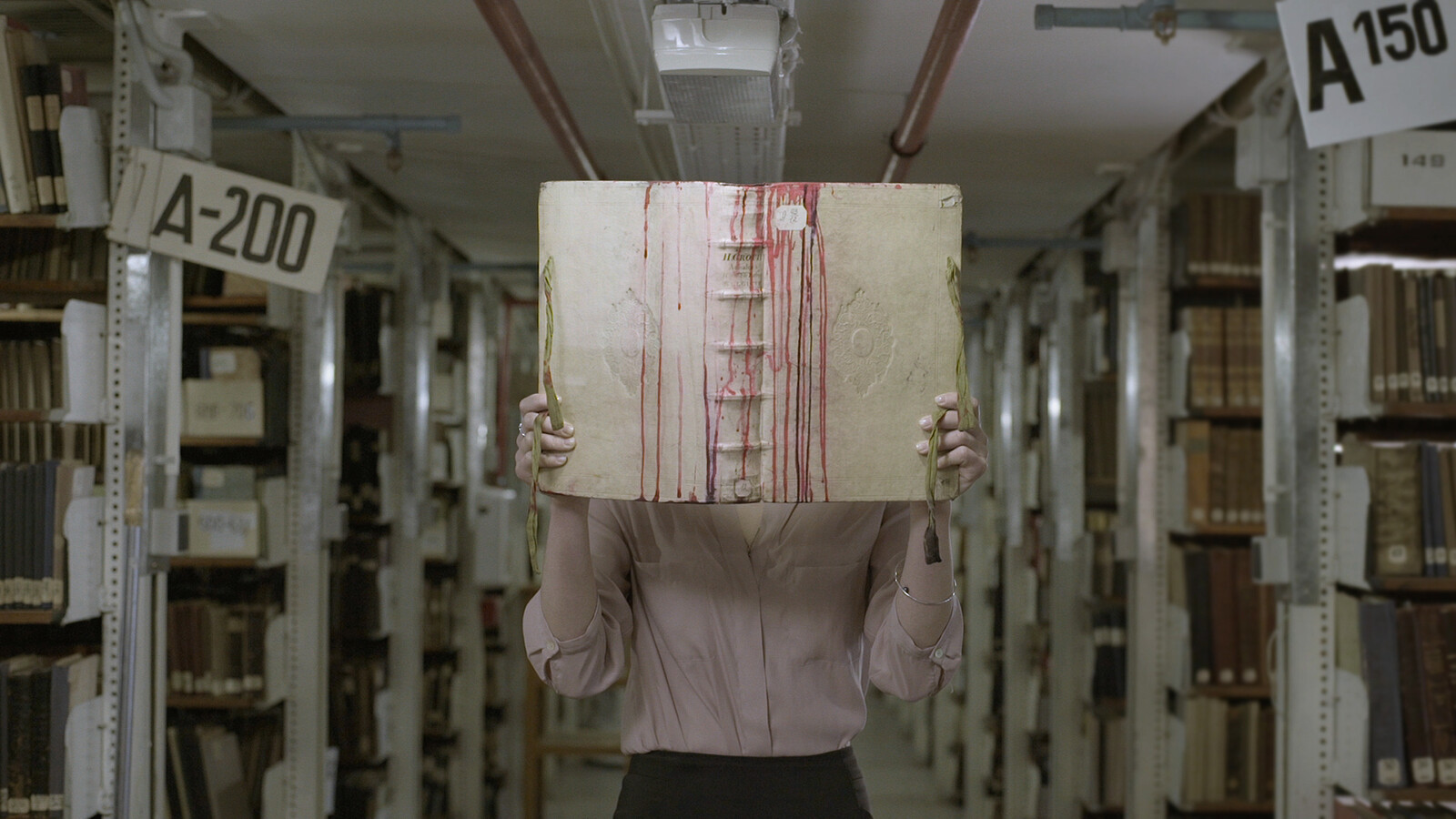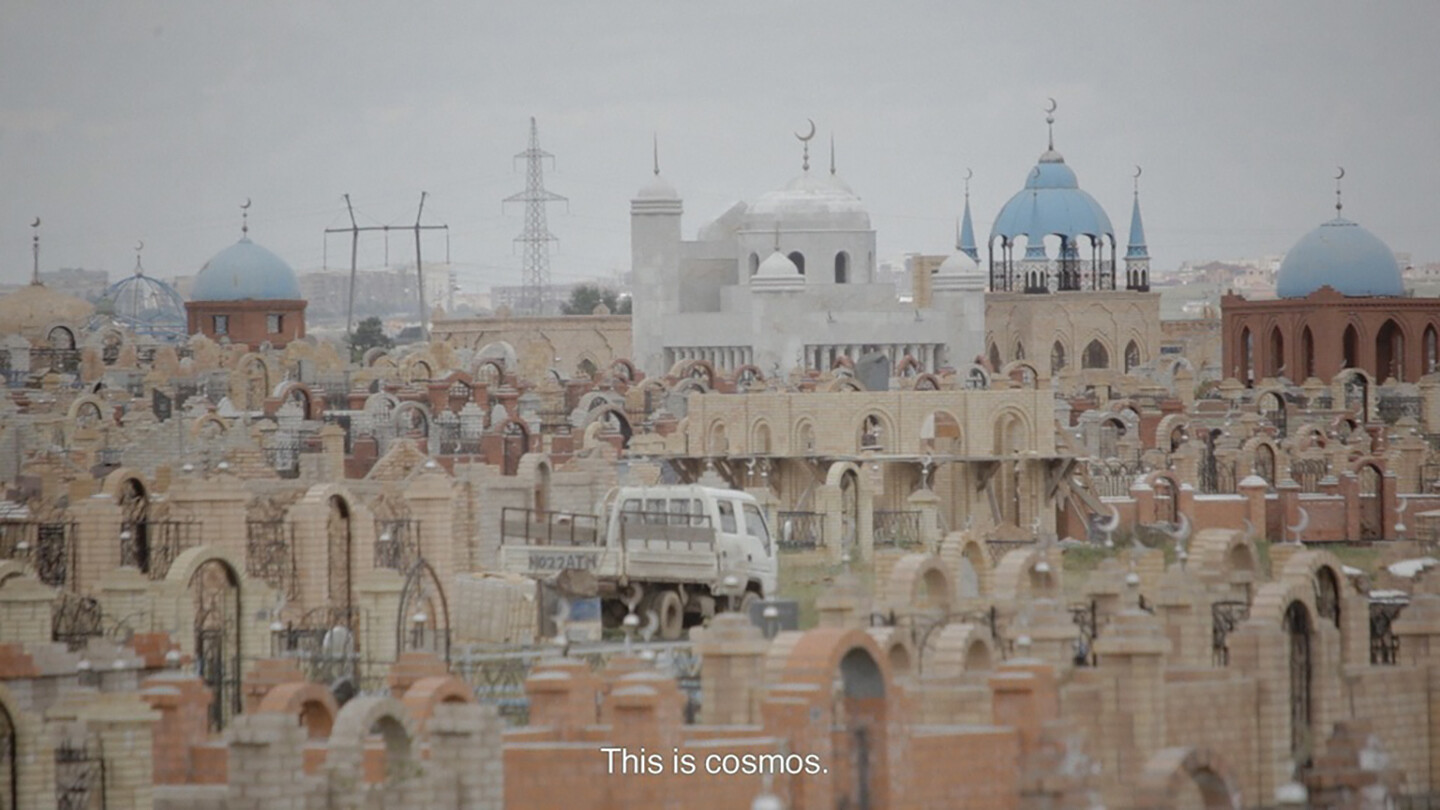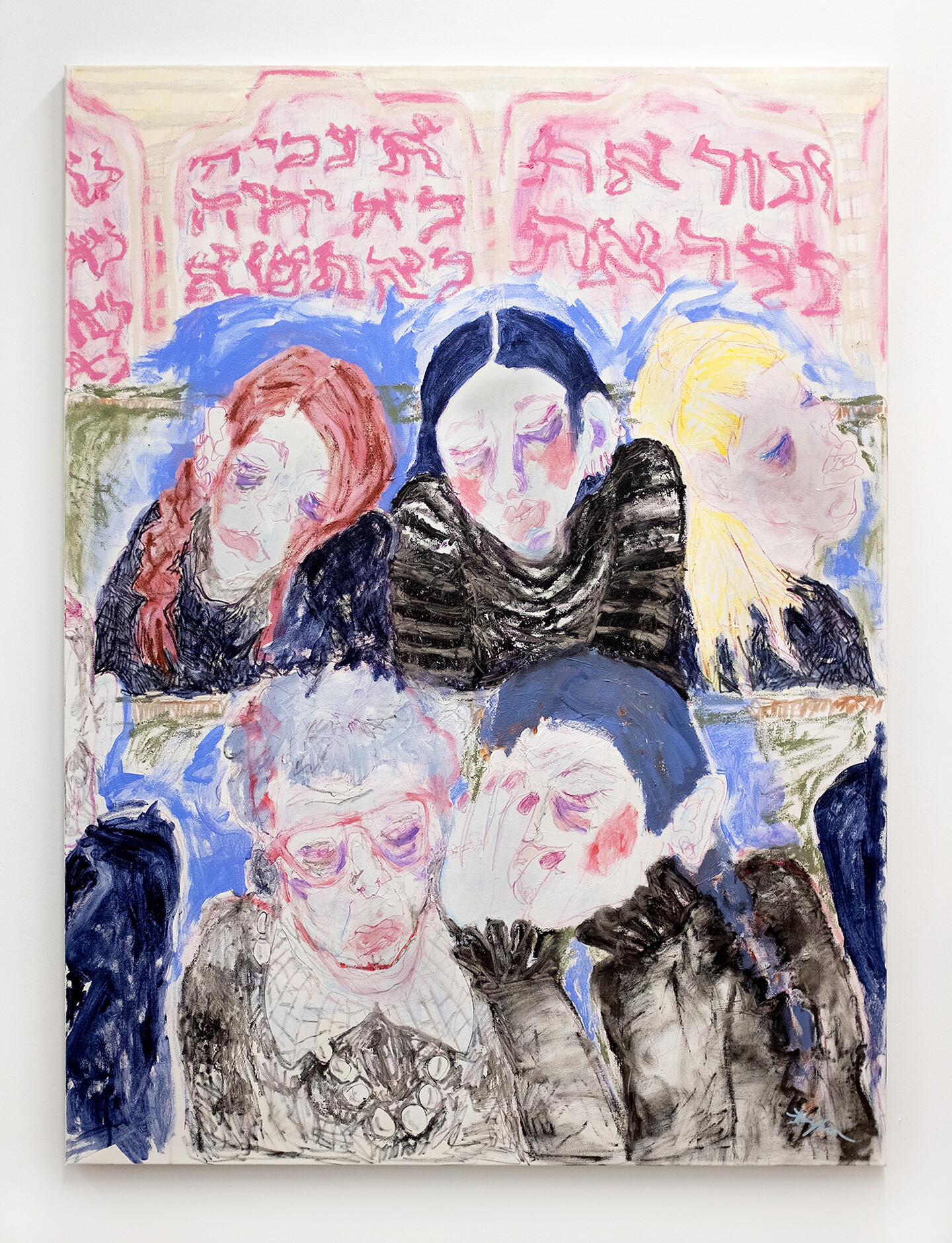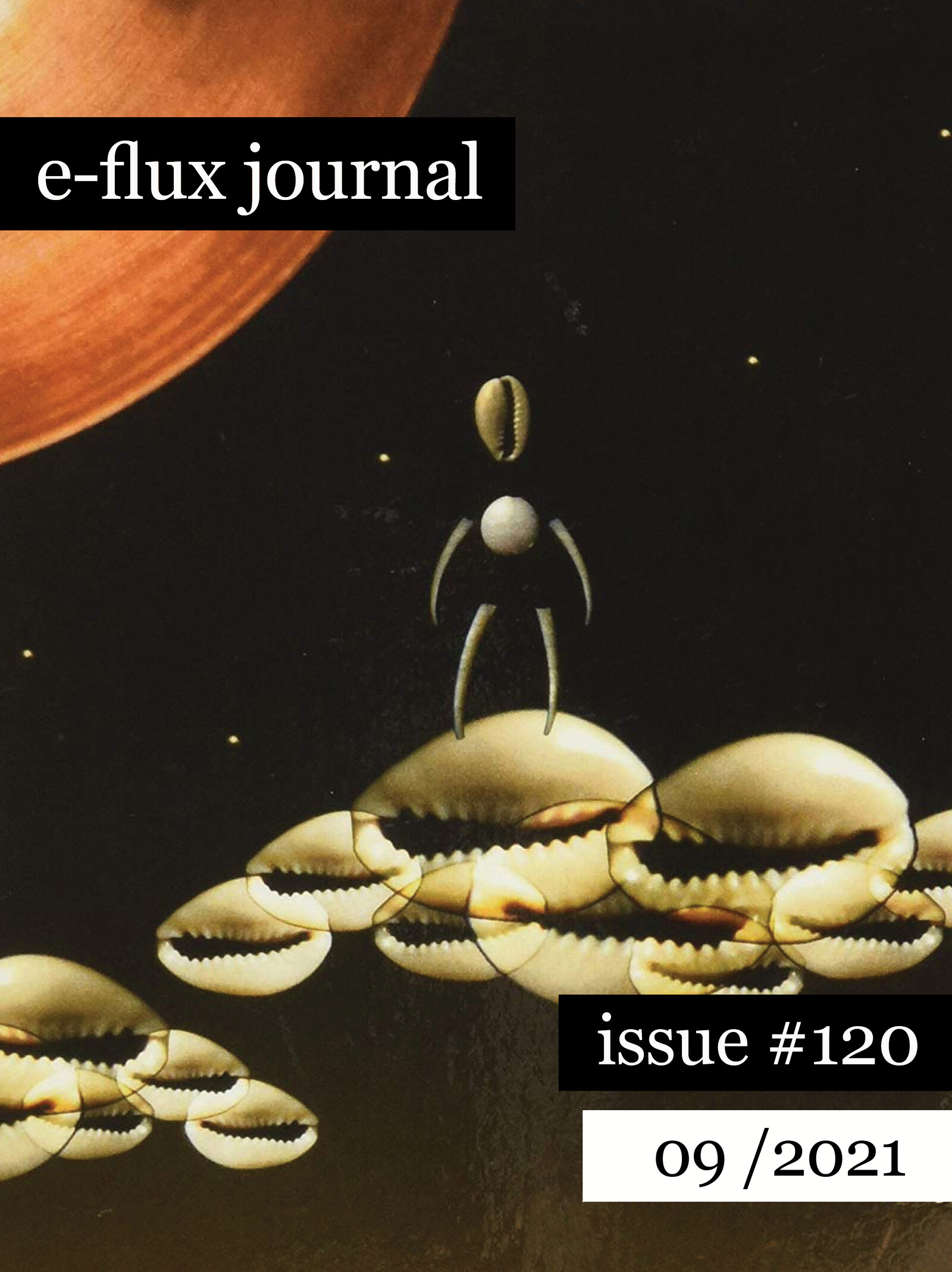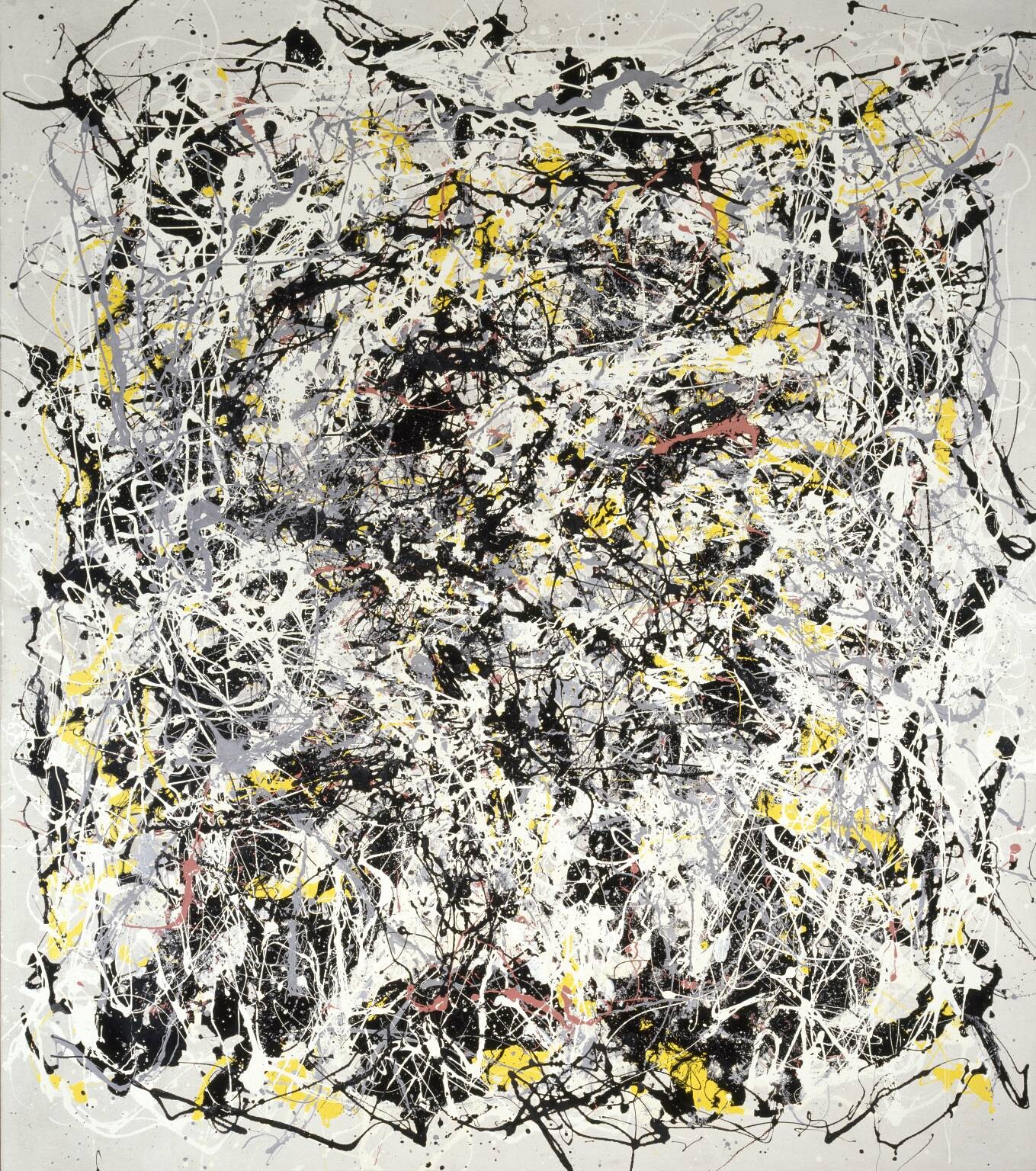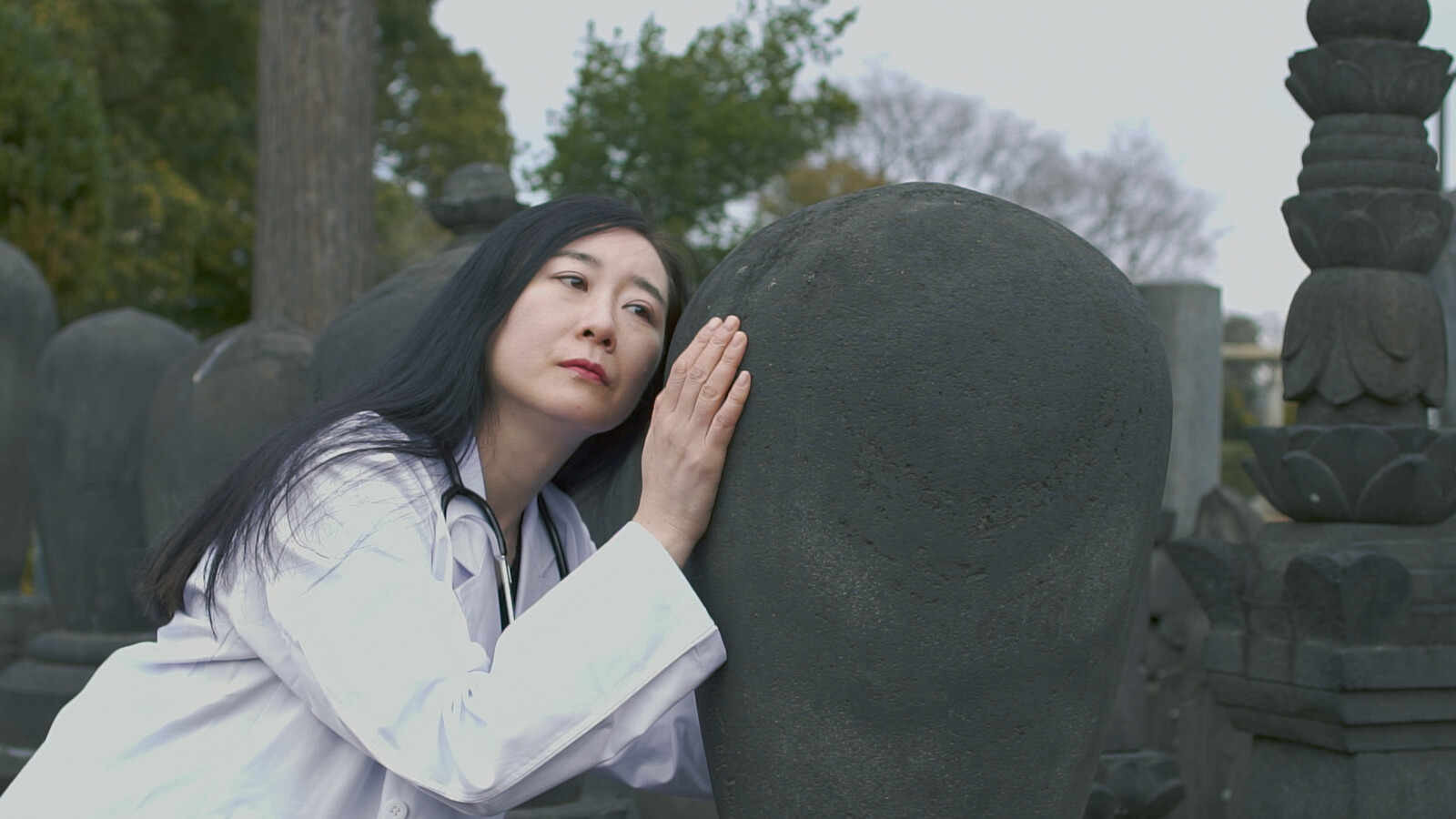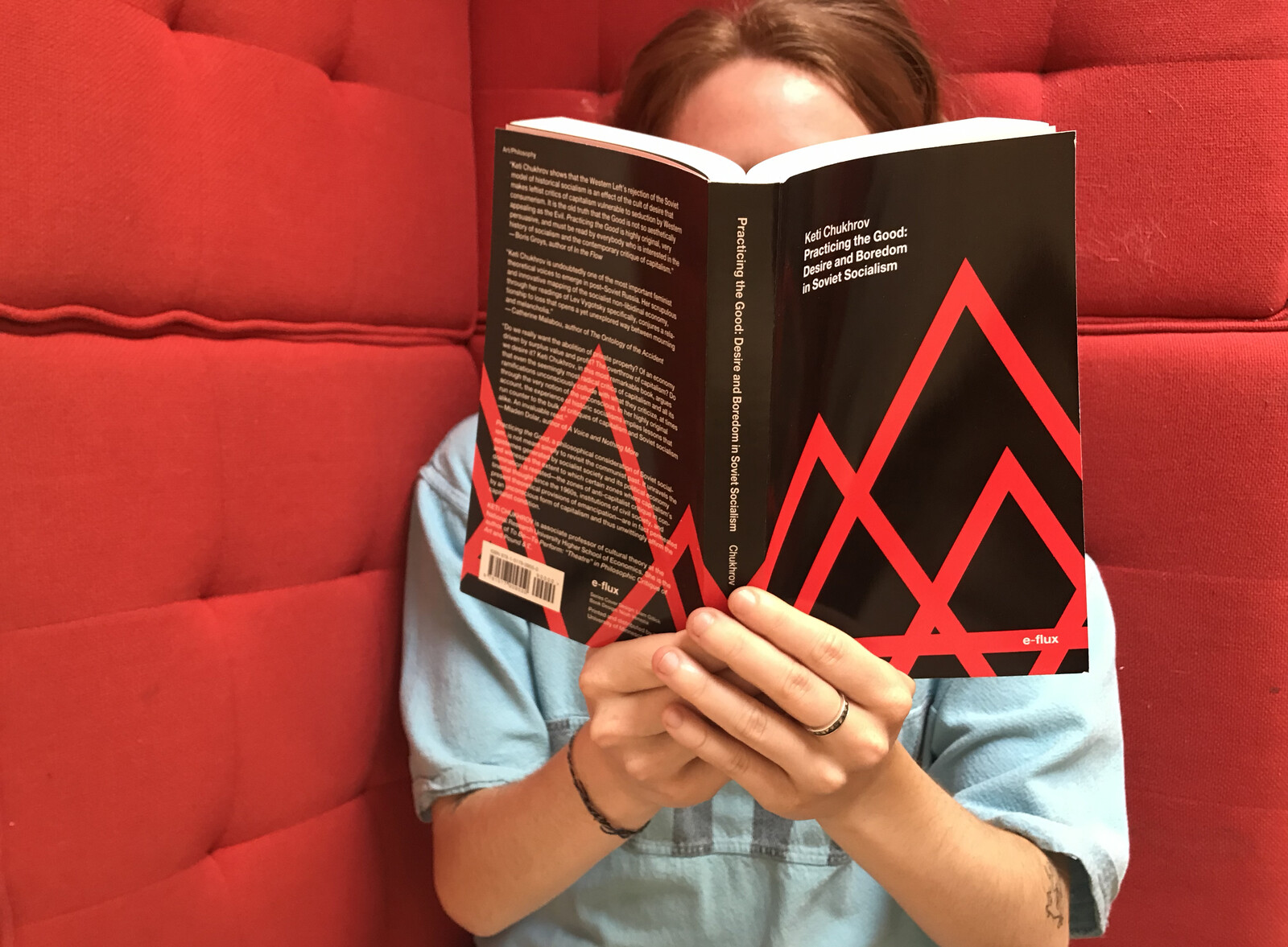Boris Groys Read Bio Collapse
Boris Groys is a philosopher, essayist, art critic, media theorist, and an internationally renowned expert on Soviet-era art and literature, especially the Russian avant-garde. He is a Global Distinguished Professor of Russian and Slavic Studies at New York University, a Senior Research Fellow at the Staatliche Hochschule für Gestaltung Karlsruhe, and a professor of philosophy at the European Graduate School (EGS). His work engages radically different traditions, from French post-structuralism to modern Russian philosophy, yet is firmly situated at the juncture of aesthetics and politics. Theoretically, Groys’s work is influenced by a number of modern and postmodern philosophers and theoreticians, including Jacques Derrida, Jean Baudrillard, Gilles Deleuze, and Walter Benjamin.
I would say that contemporary civilization is a civilization in which nothingness has disappeared. Kabakov’s treatment of garbage still retains the intuition of nothingness. He assumes that it is possible to disappear into nothingness, and he often describes it—for example, as a departure into outer space from one’s room.
It was only natural that hope for survival was directed towards the museum system. After all, like art objects, humans are only particular material bodies, which can be kept intact and/or repaired and restored if necessary. The State took over the function that had earlier been fulfilled by God and Church. The State was not only responsible for the well-being of the living population but also for its immortality. This care was delegated to the curators.
When we speak about cosmic flights and the exploration of space today, we have in mind a dynamic model of technological progress. This dynamic model of progress implies that what we’re doing now in cosmic space will be continued and further improved by the next generation, and so on. The cosmists did not believe in this model. Their questions were along these lines: Why should we be interested in progress if we don’t stand to gain anything from it? If my generation contributes something to cosmic space, how can I benefit from it? I remain mortal, and I remain eternally indentured to progress. I live now—and not in the future. If progress is defined by a dynamic directed towards the future, everyone is yoked to progress, and every generation fast becomes psychologically and physically obsolete.
What do humans do after a successful revolution? The traditional answer is: they become the new masters and begin to impose their will on the losers. Indeed, such is the usual historical dynamic. However, Kojève believed that the working spirit—or rather the spiritualized working body—could be victorious over the animal human body. In other words: he believed that after the proletarian revolution succeeds, proletarians will continue working. But they will not work merely to live or satisfy their desires; they will work to maintain the spiritualized life-form their revolution achieved.
Beginning in the late 1970s and early 1980s, the term “wisdom” appeared very frequently in Soviet philosophy publications. It was used to better situate the doctrine of dialectical materialism within the history of philosophy as well as in relation to science, art, religion, and so on. Dialectical materialism was itself conceived as a form of “wisdom”: that is, as an insight into the whole of the world which was fundamentally lacking in science and art.
No one is asking people in Mali or Peru to live the “Russian way.” This is the difference between today’s Russia and the Soviet Union, because back in those days there were communist organizations and parties in every country of the world. They wanted everyone to live under socialism. It was a universal message aimed at the whole world. But the current “Russian message” is not universal: it is not addressed to the whole world. Second, it makes no sense to anyone. It is incomprehensible even to the Russian people, and even more incomprehensible outside of Russia, because no one understands what this Russian identity is.
The famous historian of Russian philosophy Zenkovsky writes that the entire Sophiological tradition of all-unity was essentially a failed attempt to find a third way between the Christian doctrine of creation on the one hand and pantheism and modern evolutionary theory on the other. The result, in his view, was fantastic, mythical systems, which are full of contradictions and as unacceptable to Orthodox faith as they are to science.
The project of a state based on collective property, thus overcoming the conflict between rich and poor, was formulated and thoroughly substantiated by Plato. Since his time, it has been repeatedly implemented, albeit on a limited scale, primarily in Catholic and Orthodox monasteries, but also in later religious and secular communities. However, the project was realized on the scale of an entire country for the first time by Lenin and his party. Although many regard their implementation of the project as unsuccessful, this view is historically naive. The first experiments of this kind are always short lived. After the French Revolution, democracy survived only a few years, and nearly everyone assumed that it would never be revived. The Soviet regime lasted much longer, and there is no doubt that there will be new attempts to create a classless society based on collective property. Ideas that have a thousand-year history do not vanish without a trace.

